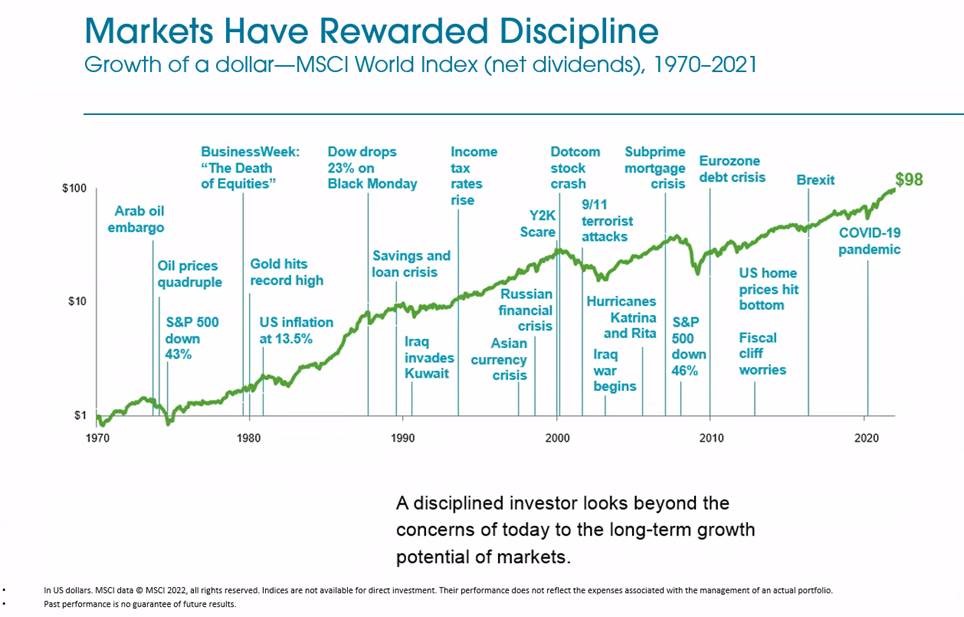4/2024
Receiving a tax refund larger than expected or owing more tax than anticipated can both be surprising. Such scenarios often indicate discrepancies in your tax planning or withholding. Whether you’re puzzled by a hefty refund or a significant tax bill, here are three practical steps to manage and adjust your tax situation for future financial stability.
1. Reassess Your Withholdings
If your tax refund is larger than expected, it could mean that too much tax is being withheld from your paycheck. While a large refund might seem like a boon, it’s essentially an interest-free loan to the government. To optimize your cash flow throughout the year, consider adjusting your withholdings. You can do this by filling out a new W-4 form with your employer to decrease the amount of taxes withheld from your salary. This adjustment will increase your take-home pay, allowing you to invest, save, or spend those funds throughout the year instead of waiting for a lump sum refund.
Conversely, if you owe more tax than you anticipated, this could be a sign that not enough tax is being withheld from your earnings. In this case, you might want to increase your withholdings by updating your W-4 form. For instance, even if you’re married with kids, it may make sense to claim “Single” to ensure more dollars are paid in through payroll. This can help avoid owing a large sum when you file your next tax return, and it can also prevent potential penalties for underpayment throughout the year.
2. Review and Adjust Estimated Tax Payments
For freelancers, self-employed individuals, or those with additional income sources (such as rental income or dividends), large discrepancies in expected tax outcomes may suggest that estimated tax payments need adjustment. If you owe a significant amount, consider recalculating your estimated payments for the current year to better align with your actual income. This proactive approach can help manage cash flows more efficiently and avoid surprises in the next tax season. Conversely, if your payments are too high, reducing them can free up monthly resources for other financial priorities.
3. Consult a Financial Planner and a Tax Professional
Changes in income, life events (like marriage or having a child), or changes in tax law can all affect your tax liability. If you receive a much larger refund or owe more than expected, it may be time to consult with a financial planner and a tax professional. A professional can help you understand why your tax outcome was different than expected, provide guidance on adjusting your withholdings or estimated payments, and help you plan for future tax implications of any major financial decisions you anticipate making in the upcoming year.
In conclusion, an unexpected tax outcome, whether it’s a larger refund or a bigger tax bill, often signals a need for adjustments in your financial planning. By taking these steps, you can ensure that your tax withholdings or payments align more closely with your actual tax liability, avoiding surprises and optimizing your financial strategy for the year ahead. This approach not only helps in better managing your finances but also in making informed decisions that enhance your overall financial well-being.
Cahaba Wealth Management is registered as an investment adviser with the SEC and only transacts business in states where it is properly registered, or is excluded or exempted from registration requirements. Registration as an investment adviser does not constitute an endorsement of the firm by the SEC nor does it indicate that the adviser has attained a particular level of skill or ability. Cahaba Wealth Management is not engaged in the practice of law or accounting. Always consult an attorney or tax professional regarding your specific legal or tax situation. Content should not be construed as personalized investment advice. The opinions in this materials are for general information, and not intended to provide specific investment advice or recommendations for an individual. Content should not be regarded as a complete analysis of the subjects discussed. To determine which investment(s) may be appropriate for you, consult your financial advisor.

